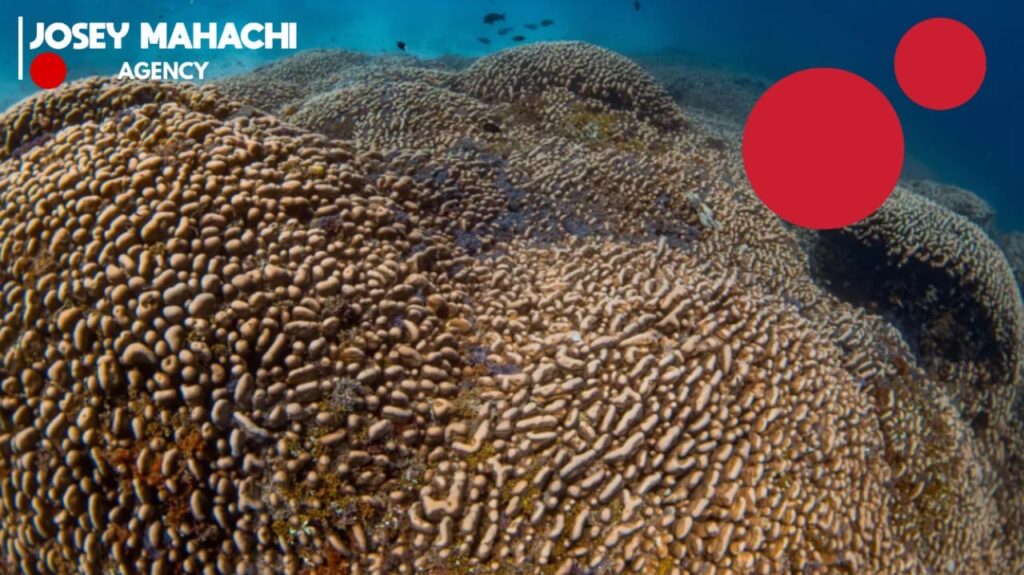By: Lloyd Mahachi
A team of scientists has discovered the world’s largest coral in the Solomon Islands, located in the southwest Pacific Ocean. The massive coral, measuring 34 meters wide, 32 meters long, and 5.5 meters high, is believed to be over 300 years old.
The coral was found by videographer Manu San Felix while diving from a National Geographic research vessel. Felix described the experience as “emotional” and likened the coral to a “cathedral underwater.” He added, “I felt this huge respect for something that’s stayed in one place and survived for hundreds of years.”
Scientists measured the coral using an underwater tape measure and found it to be in good health, despite the severe pressures coral faces due to climate change. The coral’s location in deeper waters may have protected it from warmer surface temperatures.
The discovery was announced at the UN climate talks COP29 in Baku, Azerbaijan. Climate Minister for the Solomon Islands, Trevor Manemahaga, expressed pride in the find, stating, “We want the world to know that this is a special place and it needs to be protected.”
Small island nations like the Solomon Islands are vulnerable to climate change, with rising sea levels and powerful cyclones threatening their coastlines. Manemahaga emphasized the importance of protecting coral reefs, which support tourism, fishing, and livelihoods.
Coral scientist Eric Brown noted that the coral’s health was “looking pretty good” and provides a “beacon of hope” for the region. The coral, a species called Pavona clavus, is home to shrimp, crabs, fish, and other marine creatures.
The age of the coral offers a unique window into oceanic conditions of the past. Scientists hope to study it to learn more about its growth and history. Unfortunately, a recent report found that 44% of corals in warm waters are threatened with extinction, a third increase since 2008.
The discovery highlights the importance of preserving marine ecosystems and addressing climate change. The Solomon Islands and other developing countries are calling for increased financial support to tackle climate change and protect their natural resources.
Editor: Josephine Mahachi

